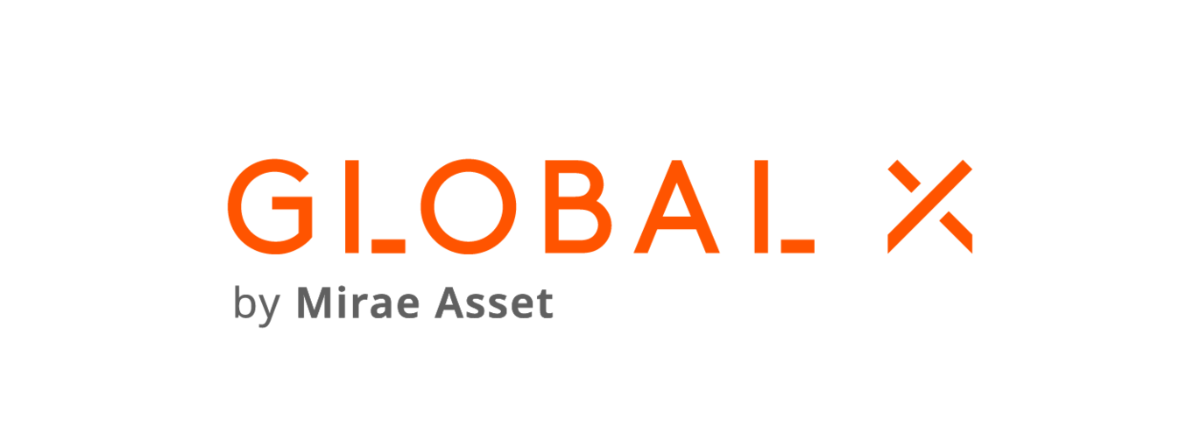The
that Global X was acquired by Mirae Asset for $488 million, leaving many wondering if Mirae overpaid. But is $488 million a fair price? We put the numbers in context below. Using a rough calculation we estimate the market value of Global X to have been closer to $364 million.
How much is an ETF issuer worth?
Global X run rate: $58.5 million
When valuing a company, the first jigsaw piece is how much revenue the company generates and will continue generating - the run rate revenues.
Like every ETF issuer, Global X makes its money from the management fees it charges on the assets it manages. Global X has 51 ETFs, which have different management fees. In these ETFs sit $9.6bn of assets. Now, when we apply the fees by charged by each ETF to the money that sits in each, we come to a run rate revenue of $58 million. The numbers we used came from the company's website.
Product operating costs: $14 million a year
We then subtract the costs of running each ETF. We estimate the product operating costs of Global X ETFs to be, on average, $275,000 each a year. This figure comprises license fees, fund accounting and listing fees. We then multiplied these costs by the number of ETFs. This brings total product operating costs to $14 million a year for Global X's 51 funds.
Staff salaries and bonuses: $9 million a year
We then built in the second layer of costs: staff. Going off LinkedIn profiles we estimate that, excluding the two founders, there are approximately 35 staff at Global X, many of whom are involved in sales. We estimate on average that the total employment costs would be around $250,000 per person. This comes to staff costs of around $9 million a year.
Marketing and G&A costs: $8 million a year
Aside from staff and product costs, the other two main costs of the business will be marketing and general and admin, which we'll guess - and it's only a guess - might be $5 and $3 million respectively.
That gives a total cost base of around $30 million. Leaving a run rate EBITDA of $28 million.
With earnings of $28 million a year, is $488 million a reasonable price?
Companies are usually bought on EBITDA multiples, where the multiple chosen depends on the company and sector.
If we look at the EBITDA multiples of publicly traded asset managers we see that they average around 9x. But ETF providers are more highly valued than active managers. We see this in WisdomTree's multiple of 16x (the only publicly listed, pure play ETF provider) and BlackRock's multiple of almost 14x (BlackRock is a blend of an ETF issuer and an active manager, meaning the iShares business could be valued at 16x).
A sale price of $488 million means Mirae paid an EBITDA multiple of 17.4x - putting Global X well ahead of WisdomTree and iShares. Despite being much smaller than those companies, this could be justified by Global X's rapid growth the past 12 months. Global X has swelled its assets from $3bn to $9.6bn since January 2017—making it unique among small-medium ETF providers. If mergers and acquisition history tells us anything, it's that buyers pay premiums for companies that are growing rapidly.
An EBITDA multiple of 17x is high
Still, $488 million is quite a high price. Guggenheim was acquired for $1.2bn with four times Global X's assets. ETF Securities was acquired for $611bn with double Global X's assets. An EBITDA multiple of 17x puts Global X ahead of iShares, the fastest growing issuer in the world. And we should note that S&P 500 companies, like iShares, tend to trade at higher valuations and multiples.
Our finger in the air tells us that Mirae may have resisted paying much more than 13x, which is slightly more than what WisdomTree paid for ETF Securities. 13x EBITDA would have priced Global X at $364 million. With revenues of $58 million that's a revenue multiple of slightly more than 6x. This is at the top end of what many buyers pay for ETF providers and what some tend to think a fair price.
Mirae overpaid - but why?
Part of the reason for the high price may be that Mirae wanted to get on quickly with new listings in the US. Listing ETFs in the US requires exemptions to 1940s SEC regulations which take time to get. Global X is SEC approved and an established brand. It is also growing very quickly, which may justify a premium. Another reason may be the involvement of JP Morgan, which one imagines to be a disciplined buyer and seller. JP Morgan had a minority stake in Global X and one also imagines JP Morgan to be well-versed at M&A.




